History & Honors
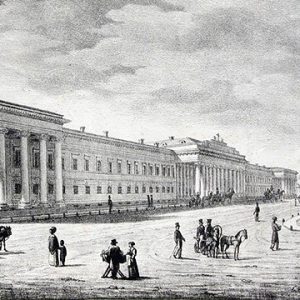
November 1804
Imperial Kazan University established by Emperor Alexander I’s Affirmative Letter and Charter
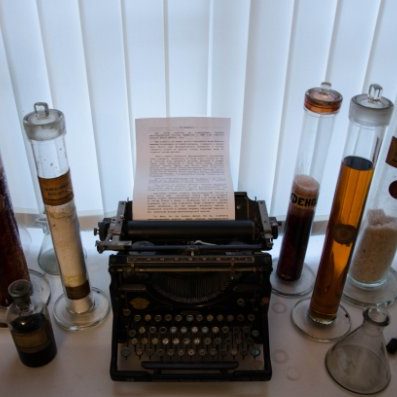
1810-1820
A number of departments lay foundations for further scientific schools (mathematics, chemical, medical, linguistic, geological, geobotanical)
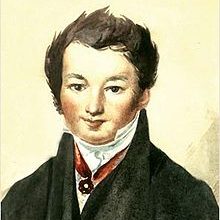
1819-1821
Outstanding alumnus and scholar of Kazan University Ivan Simonov participated in the discovery of Antarctica and pioneered Antarctic studies

1830
Nikolai Lobachevsky,
Rector of Kazan University, developed
non-Euclidean geometry, also
referred to as Lobachevskian geometry
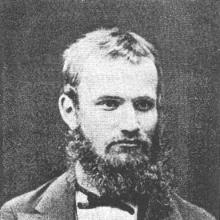
1850
Since the first half of the 19th century Kazan University has been one of the key centers of Eastern studies in Europe and the alma mater to the world famous Kazan Linguistic School founded by Jan Baudouin de Courtenay

1844
Professor Karl Ernst Claus
discovered the 44th chemical element and
named it after Ruthenia, the Latin word for
Russian

1844-1847
Leo Tolstoy, one of the world’s most prominent novelists, studied Asian languages and law at the University
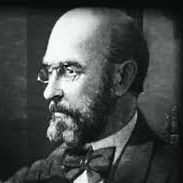
1861
Aleksandr Butlerov
founded the theory of
organic chemical compounds
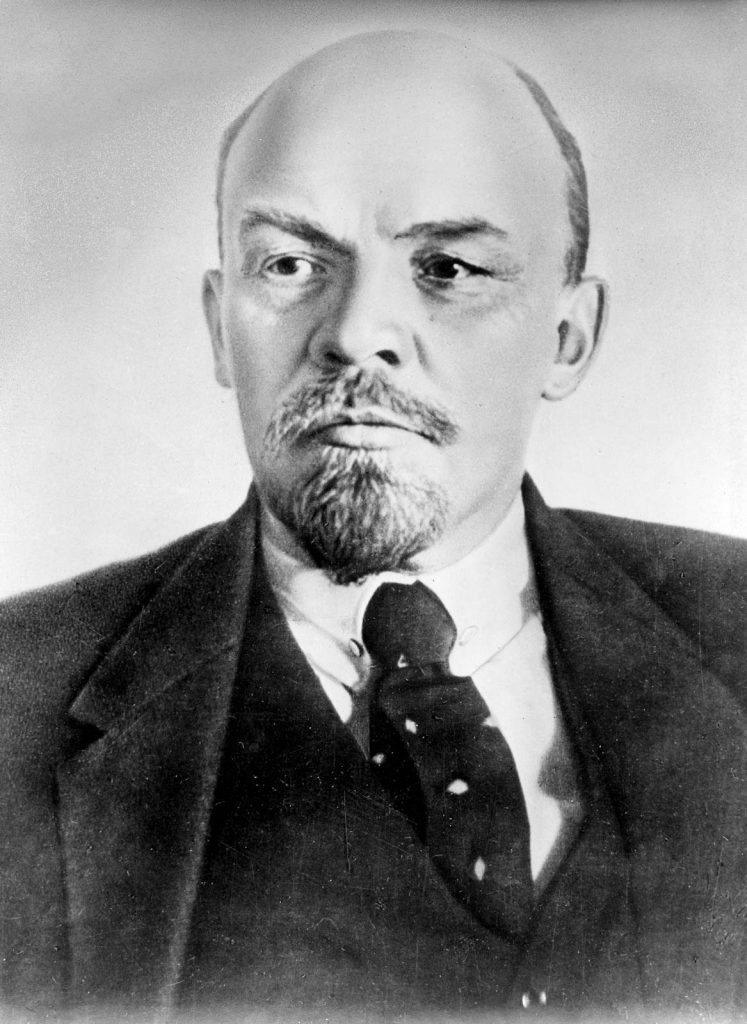
1887
Vladimir Ulyanov (Lenin), future leader of the October Revolution and the Soviet Republic, studied law at Kazan University and was expelled after joining a student protest. The University bore his name from 1925 till 2009
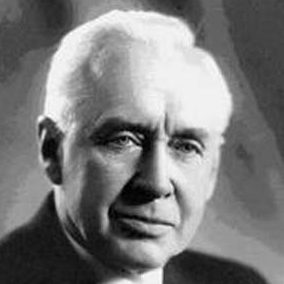
1929
Professor of
biochemistry Vladimir
Engelhardt discovered the
phenomenon of oxidative
phosphorylation, which
has been one of the major
contributions of Russian
scholars to the world science
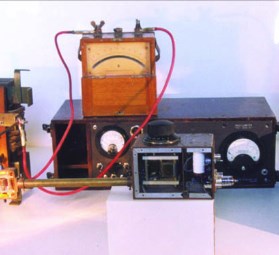
1944
Soviet experimental
physicist Evgeny Zavoisky
discovered the phenomena of
electronic paramagnetic resonance,
one of the most significant
physical discoveries of the 20th century
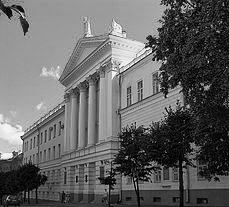
1945
Foundation of Kazan
Branch of the Soviet Academy of Sciences
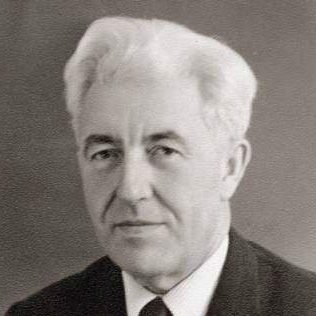
1952
Semyon Altshuler proposed
the theory of acoustic paramagnetic
resonance and laid the basis for quantum acoustics
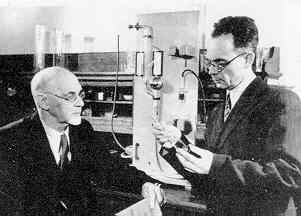
1960
Father and son Arbuzovs (Alexander and
Boris) present their major treatise ‘The Chemistry of
Organophosphorus Compounds’
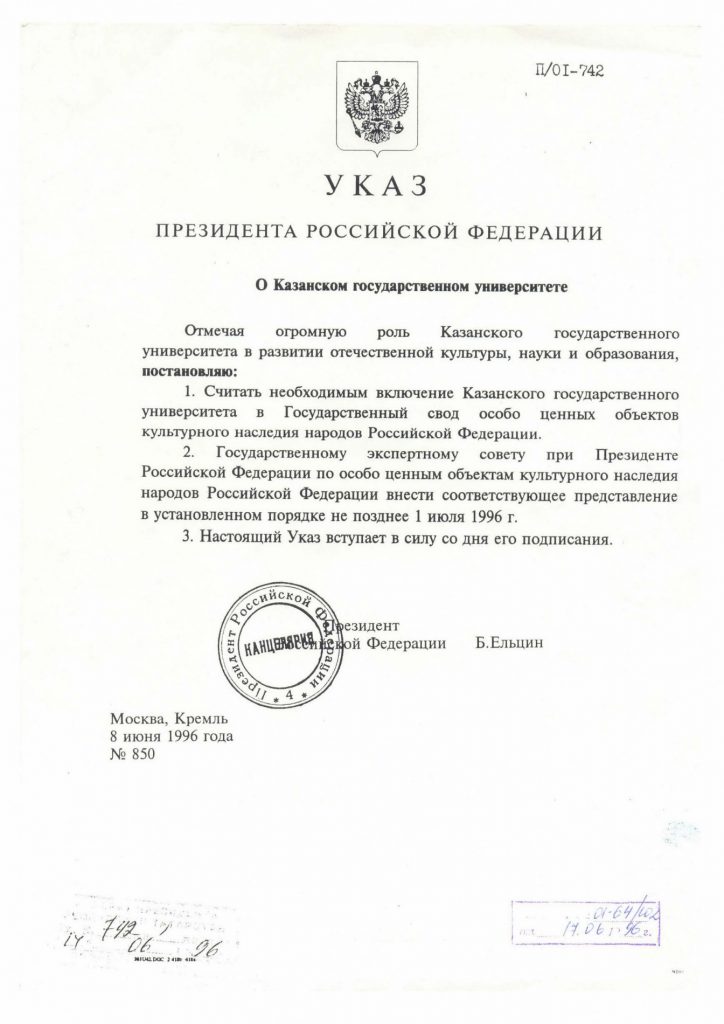
1996
The President of the Russia
Boris Yeltsin included Kazan State
University in the Register of Cultural
Heritage Sites of the Russian
Federation
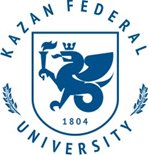
2010
Kazan University was granted
the status of a federal university by the
decision of the Government of Russian
Federation

2015
Kazan Federal University was included in
Times Higher Education World University
Rankings in the 301-350 bracket

2016
University Clinic merged into the institutional structure of KFU to help transfer medical science developments into practice; the Clinic serves over 40,000 local residents

2020
World-Class Research Center for Liquid Hydrocarbons established in cooperation with several leading institutions of Russia

